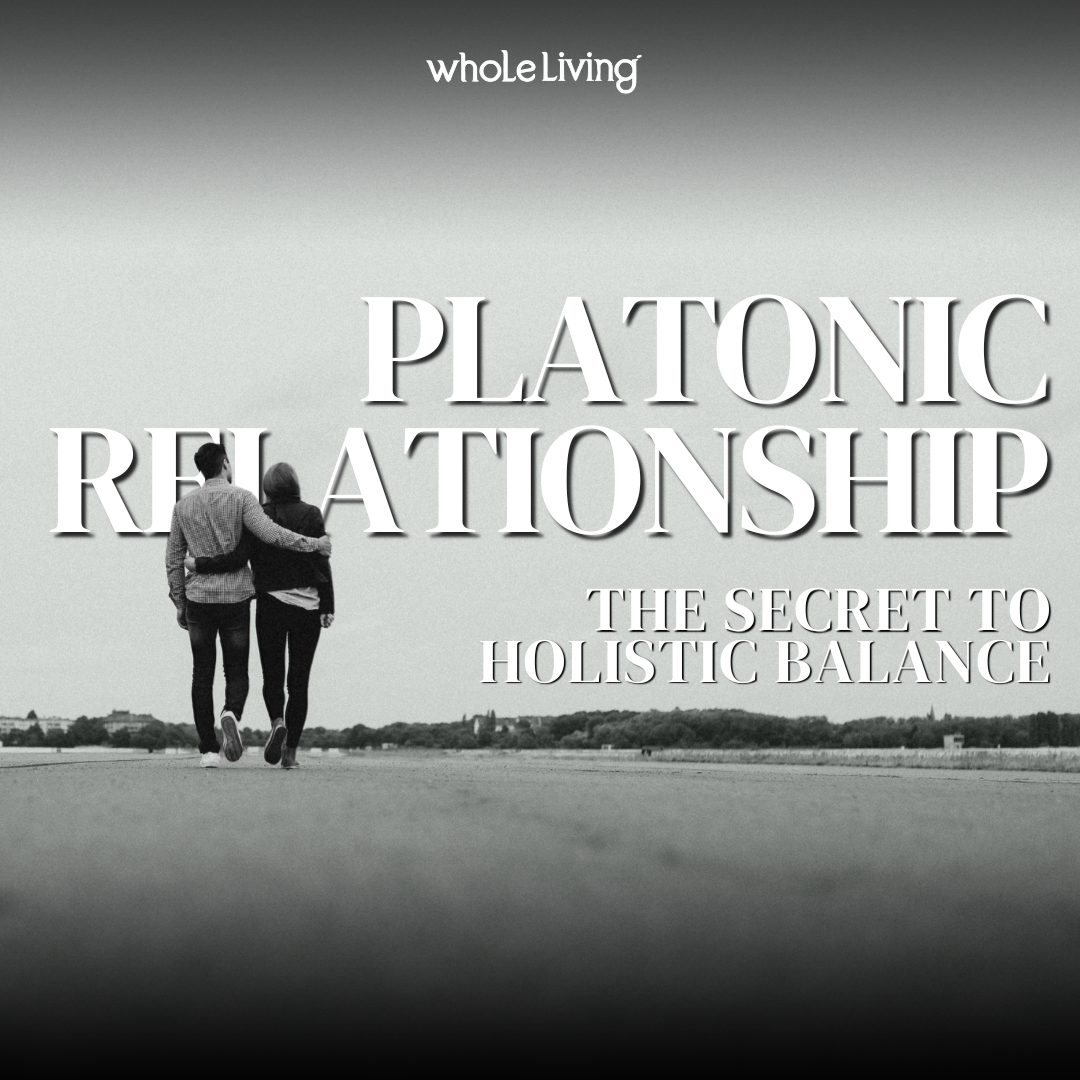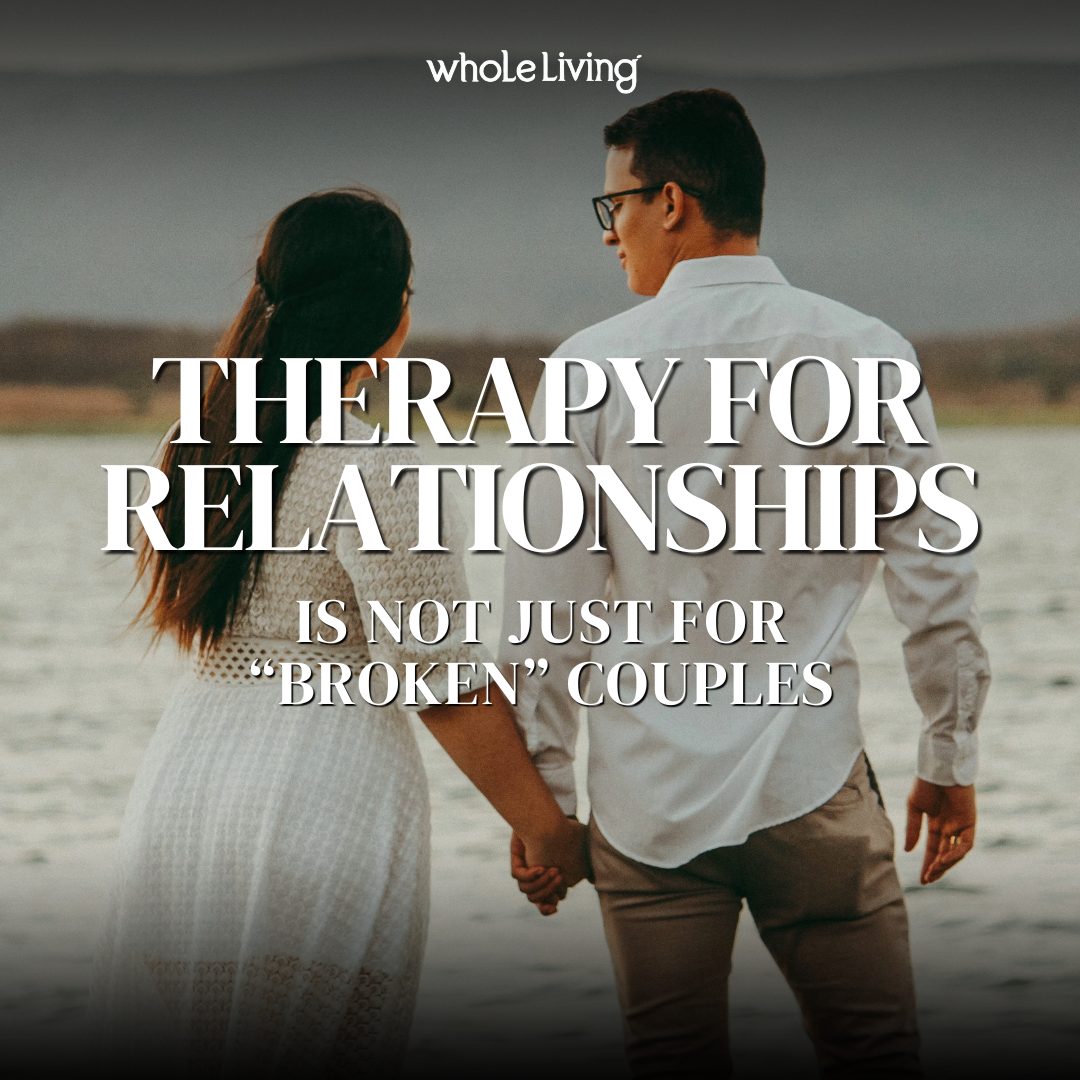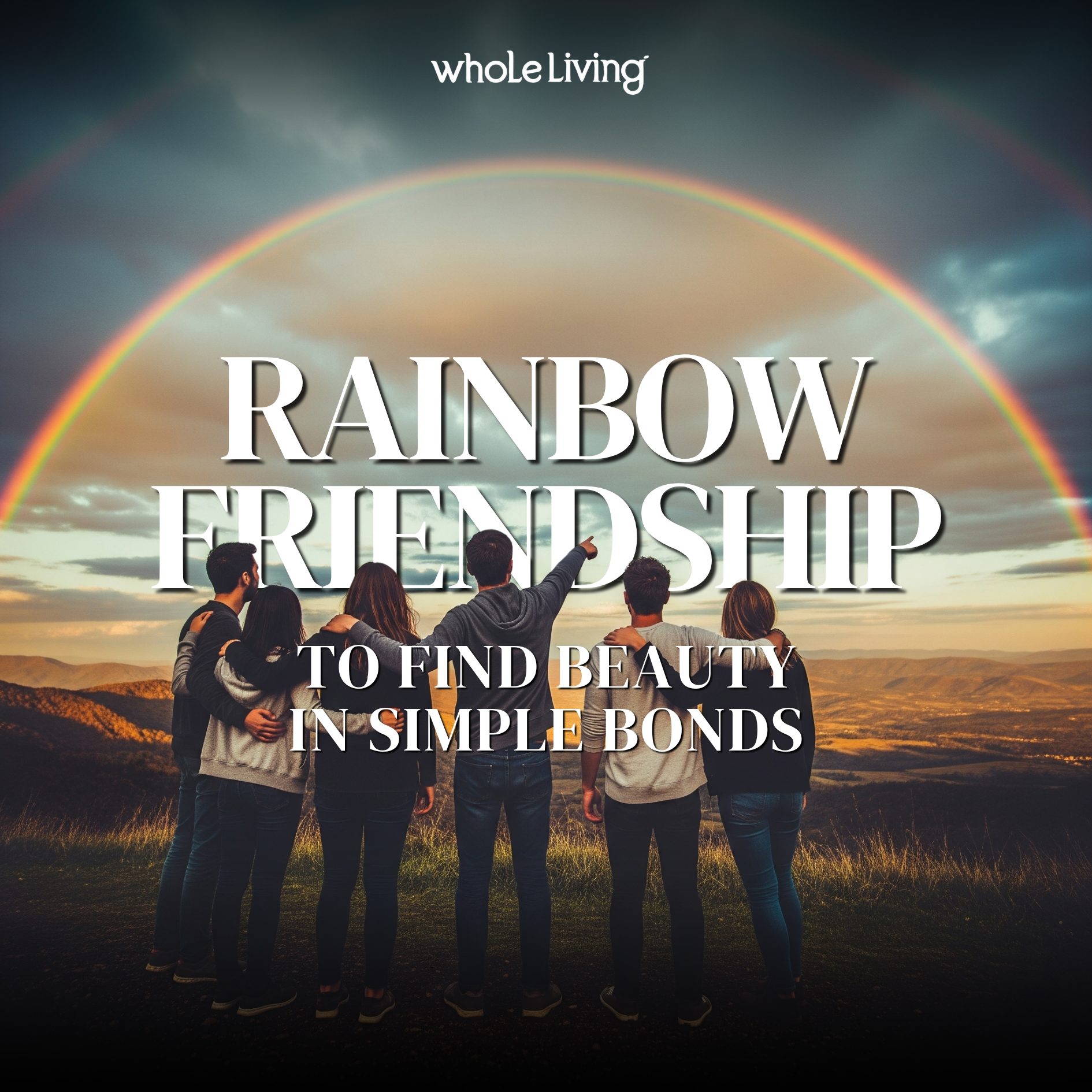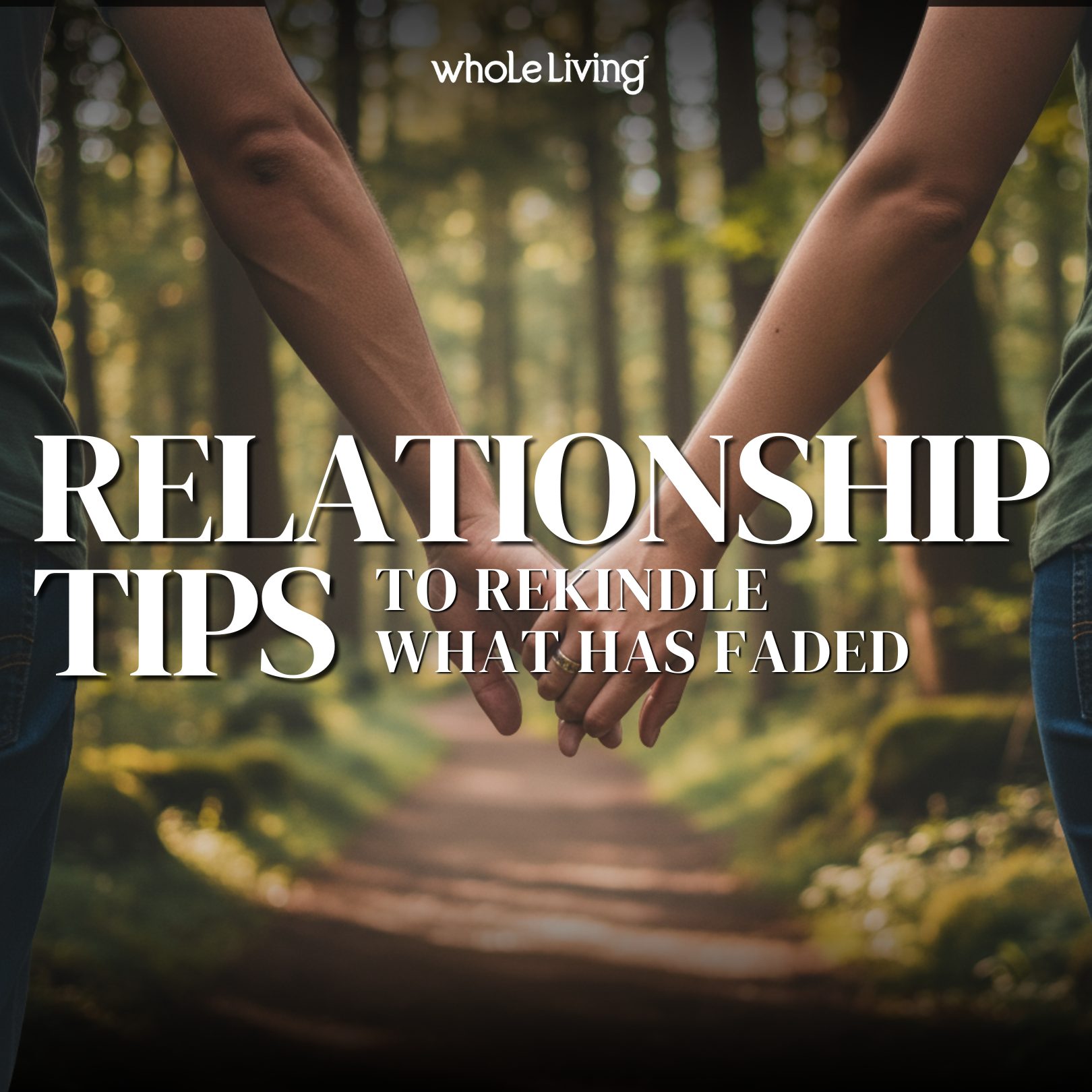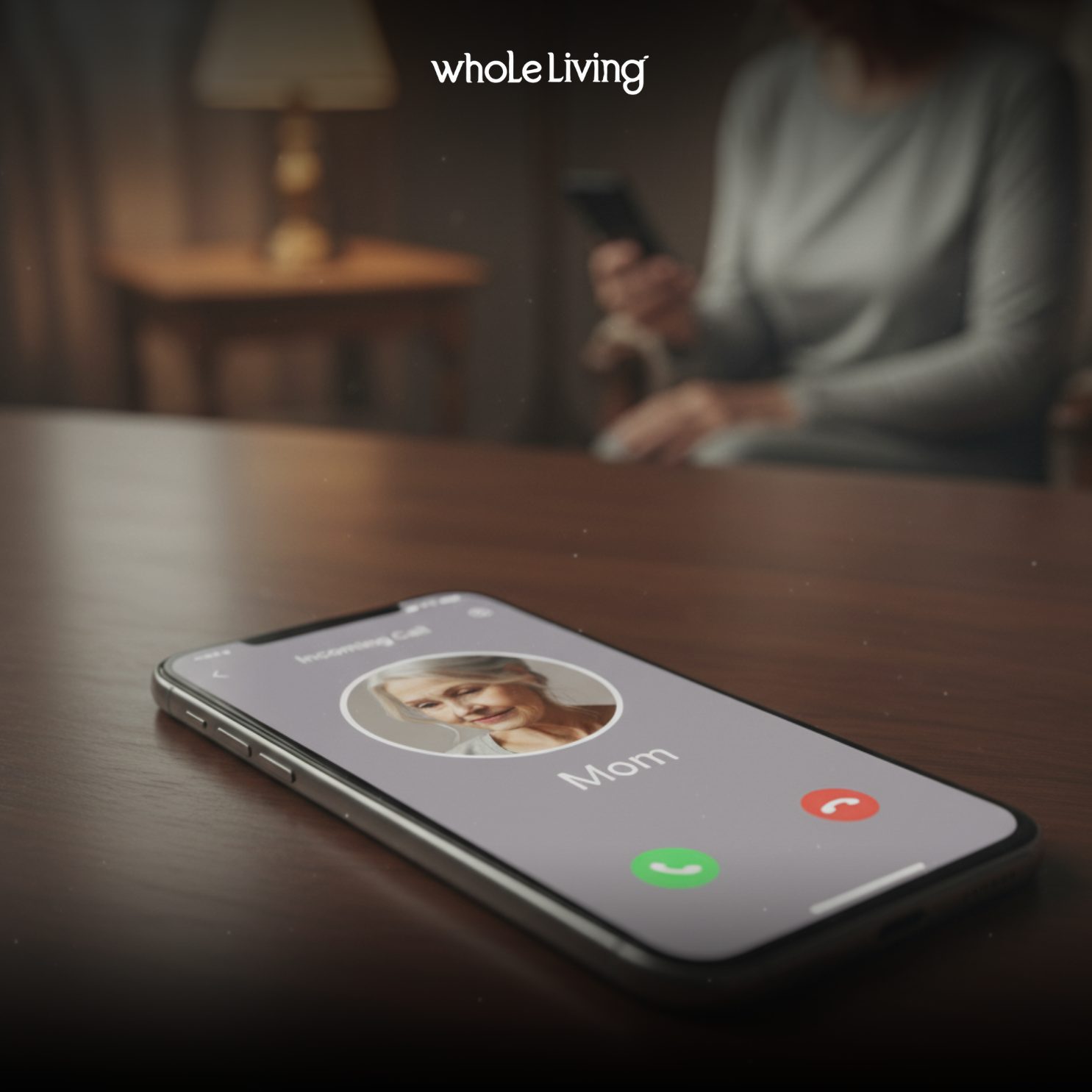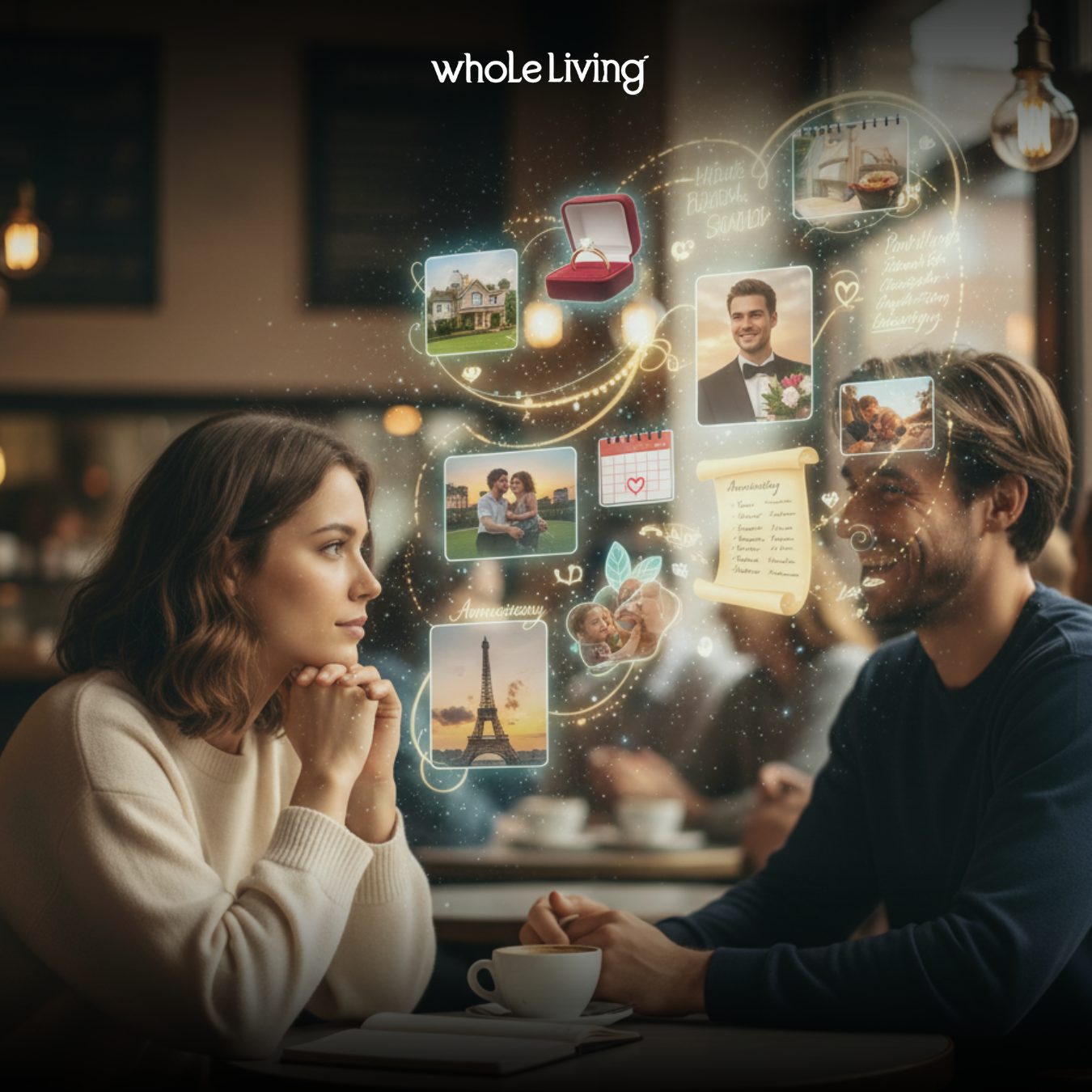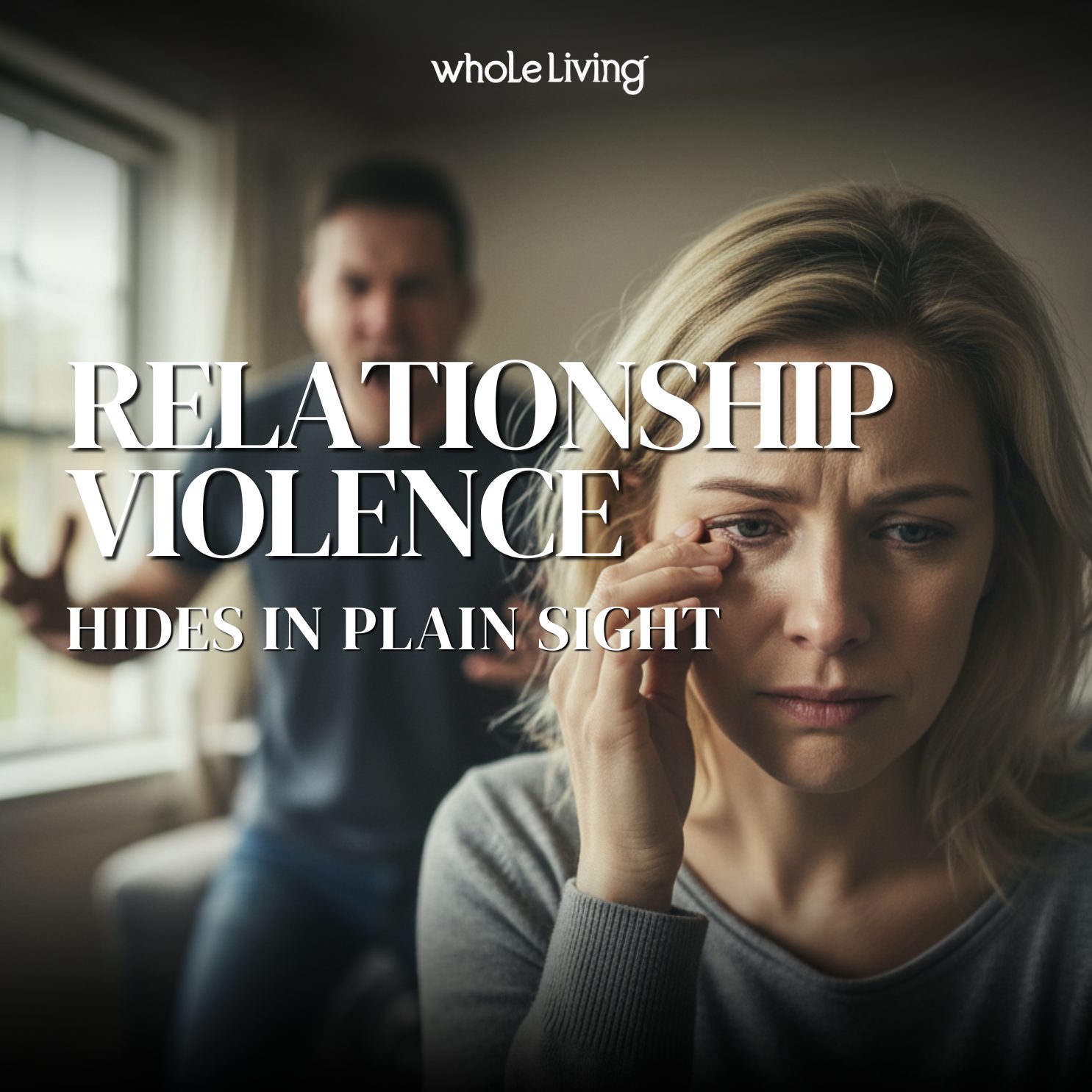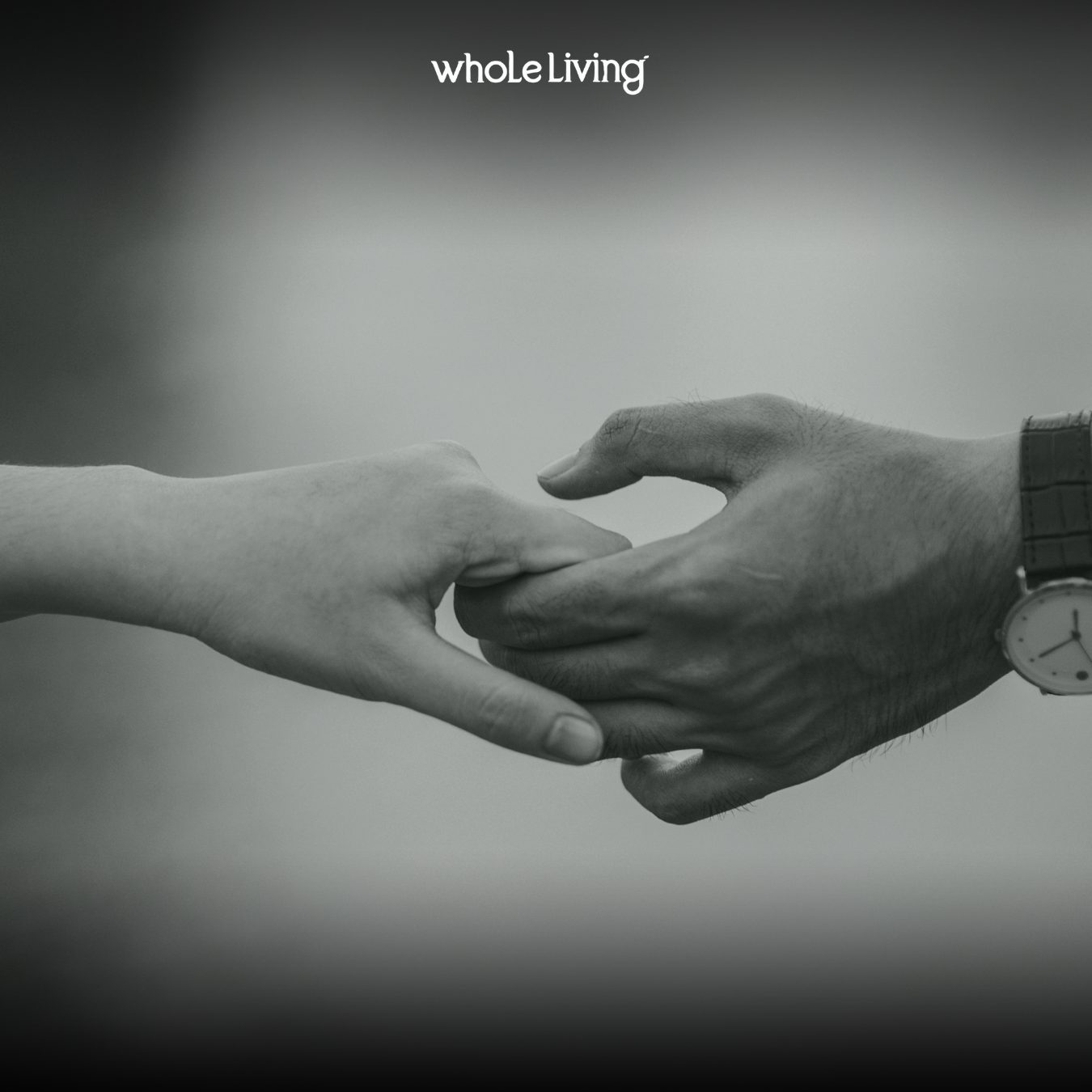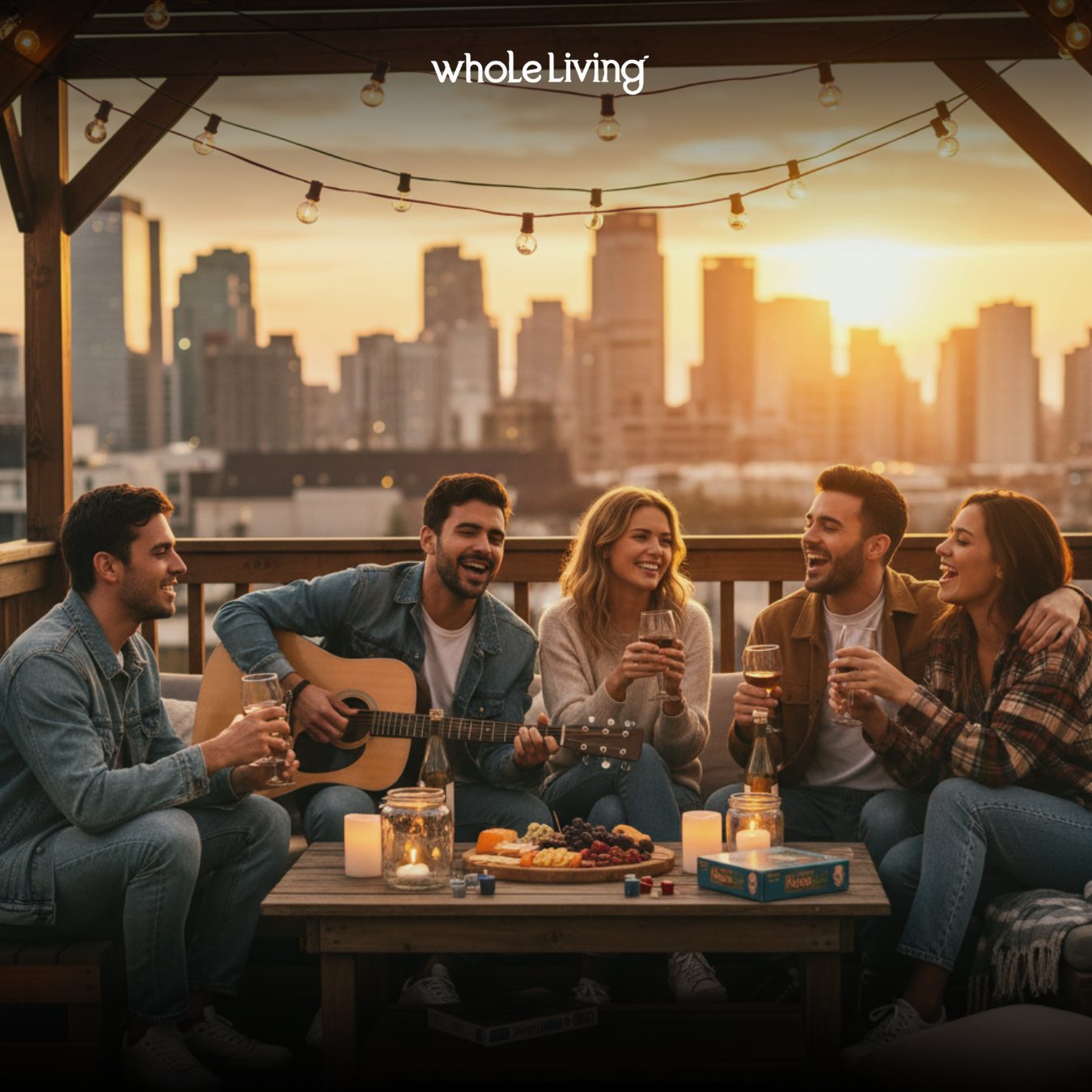LDR relationship fatigue is something many couples silently carry. When you're in a long-distance relationship, even the strongest connection can feel tested. The video calls that once brought butterflies can start to feel routine. The time difference makes it harder to find shared moments, and the days feel longer when you're not spending time together. If you're feeling tired, discouraged, or just not like yourself lately, you're not alone.
Long-distance relationships are built on hope and effort. But the truth is, even with the best intentions, this kind of relationship requires emotional stamina. You may miss your partner deeply and still wonder why you're feeling disconnected. It makes sense — your mind and heart are holding space for someone who isn’t physically there. But nature offers a quiet invitation to reconnect with yourself and your partner in a more grounded, healing way.
In this article, I want to walk with you. We’ll talk about the emotional weight that distance can bring and how turning to nature can support your relationship and your well-being. We’ll blend practical ideas with a calm, balanced approach that won’t overwhelm you. My goal is to help you feel seen, supported, and reminded that you’re doing your best — and that it’s enough.
What is LDR Relationship Fatigue?
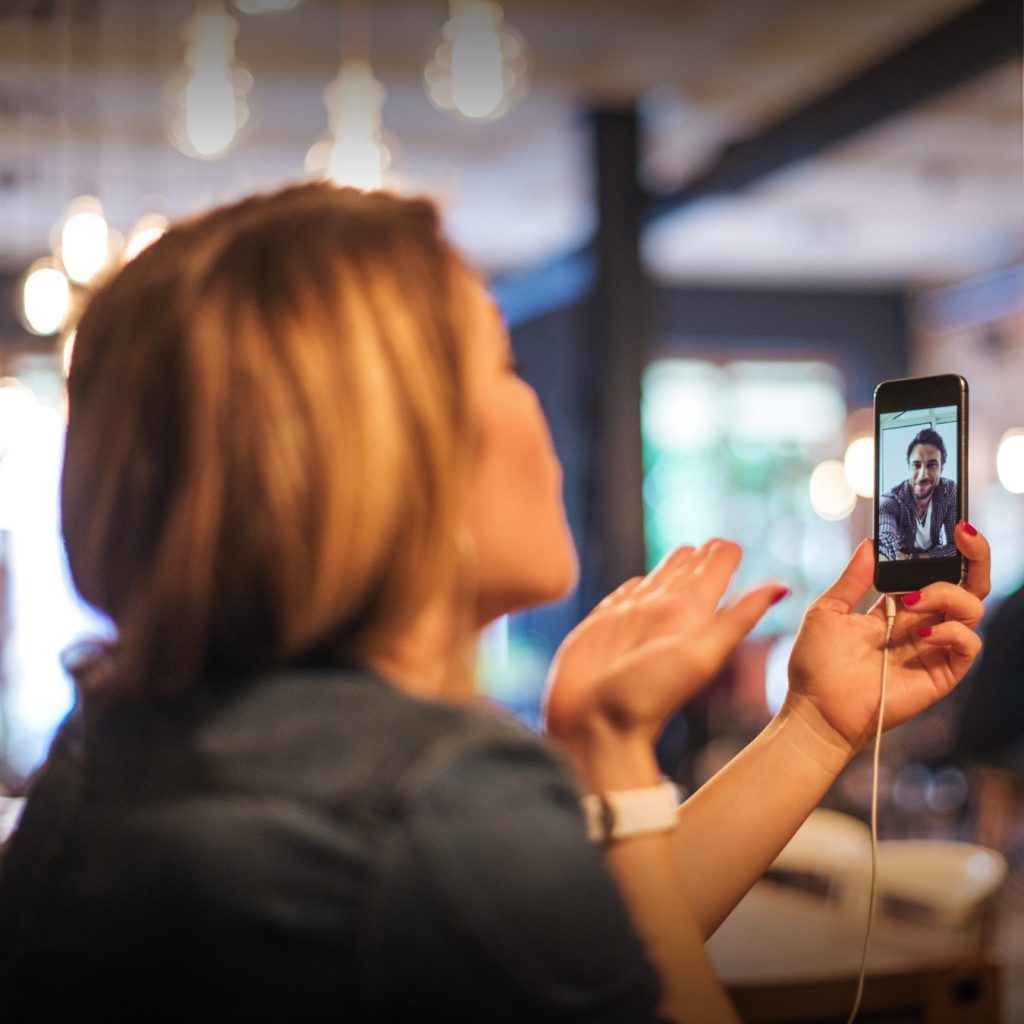
Let’s be honest. Being in a long-distance relationship takes a different kind of strength. It’s not just about the love you feel for your partner, it’s also about the time, energy, and emotional work it takes to stay connected. Over time, that effort can start to feel like a weight — especially when the finish line isn’t clearly in sight.
LDR relationship fatigue is when the things that used to excite you — like a late-night video call or planning your next visit — begin to feel tiring instead of energizing. You may notice you're talking less, or you feel obligated to connect even when you're drained. You might feel a low-level sadness that lingers between calls or a growing frustration at the distance that separates you. And yet, you still love this person deeply, which only adds to the emotional confusion.
The truth is, you're navigating real-life challenges without the comfort of physical touch or being able to spend time together easily. This type of fatigue doesn't mean the LDR relationship is failing — it means you're human. You care. You’re carrying the relationship with both hands, and it’s okay to feel tired. The good news is there are ways to restore your energy and find new ways to connect, starting with nature’s quiet support.
Why Long-Distance Relationships Feel So Draining Sometimes

A long-distance relationship is filled with love, but it’s also filled with waiting, scheduling, and sometimes missing out. Unlike geographically close relationships, you can’t just show up at your partner’s door after a hard day. Instead, you plan ahead, double-check the time zone, and hope your connection holds steady for the video call. Over time, these little stressors can build up and make everything feel harder than it needs to be.
Time and space are real factors that impact how you connect. Talking becomes an event you have to schedule, not something that happens naturally throughout the day. And when life gets busy, it’s easy for both partners to unintentionally drift. You might find yourself wondering if this is still working or why you feel so alone even when you’re technically together. These feelings are common, but that doesn’t make them easier.
Even pretty healthy LDR relationships experience waves of disconnection. The effort to stay emotionally close while physically apart takes more than communication — it takes resilience. And when that resilience starts to wear thin, that’s when fatigue creeps in. But just like nature has seasons, so does your relationship. The draining moments don’t last forever.
READ ALSO: Relationship Tips to Rekindle What’s Faded
The Emotional Waves of Missing Your Partner

Missing your partner in a LDR relationship can feel like riding an emotional tide. Some days, you feel strong and hopeful. Other days, you’re overwhelmed by the desire to be in the same place, to hear their voice without needing a video call, to feel their hand in yours. This longing is natural, but when it stretches on for weeks or even a few months, it starts to wear on your emotional health.
It’s not just the absence of physical contact. It’s also missing the little things — laughing at the same movie, cooking together, or simply sitting in silence. These moments might seem small, but they’re the glue in many romantic relationships. When they’re missing, even the strongest love can feel fragile. You start to question the current status of your relationship, wondering if you can keep going.
It’s okay to feel upset about the things you miss. Your feelings are valid, and they don’t make you weak or ungrateful. Being honest about this emotional wave is the first step to navigating it with grace. You’re not meant to do this alone — and yes, even nature can help you feel grounded again.
Longing and the Illusion of “Normal” Relationships

It’s easy to look at couples in the same city and feel a pang of envy. They get to go on spontaneous dates, meet each other’s family and friends, and experience everyday life together. In contrast, LDR relationship couples often have to plan months in advance just to spend a weekend side by side. This comparison can lead to frustration, and sometimes, it quietly undermines your sense of hope.
But here’s the thing: all relationships come with challenges, not just long-distance ones. Geographically close relationships might struggle with communication or lack of personal space. Every romantic relationship has its own rhythm and reality. Just because yours looks different doesn’t mean it’s less valid or less beautiful. It simply means your love requires creativity and commitment.
It’s okay to wish you were together in person. That doesn’t mean you’re ungrateful or losing faith. It just means you’re human, and you long for connection. Instead of comparing, come back to your own experience and the bond you’re nurturing. What you’re building is unique — and worth talking about.
The Power of Nature to Ground You During Distance

Nature has a quiet way of bringing us back to ourselves. When the emotional noise of a long-distance relationship feels too loud, stepping outside can offer peace you didn’t know you needed. A simple walk through a leafy path or sitting under the open sky can shift your perspective. It’s not just about fresh air — it’s about remembering that life moves slowly and beautifully, even when you feel stuck.
When you’re feeling disconnected from your partner, reconnecting with nature can help you reconnect with yourself. You don’t have to do anything big. Just take time to notice your surroundings — the way sunlight hits your skin, the sound of leaves in the breeze, the steady rhythm of your breath. These moments ground you, which is something you deeply need in the midst of time zone juggling and emotional space.
Spending time outside also reminds you that change is constant. Seasons shift, tides move, flowers bloom and fade. Just like your feelings and the distance in your LDR relationship, nothing stays the same forever. Being in nature can help you hold onto hope, reminding you that this season of your life — and your relationship — will evolve too.
READ ALSO: Therapy for Relationship Problems Isn’t Just for “Broken” Couples
Nature as a Mirror: What the Seasons Can Teach You About Love

Look around you. Nature doesn’t rush, and yet everything gets done. The trees don’t force their leaves to grow — they follow their rhythm. In a long-distance relationship, this is a powerful reminder. You don’t have to force constant progress or pretend everything is perfect. You and your partner are allowed to have slow seasons, to rest, to reflect, and to trust that growth is still happening beneath the surface.
Spring teaches us about fresh starts, and summer shows us the joy of being fully present. Autumn encourages letting go — maybe of expectations or frustration. Winter offers stillness, a pause to gather energy and insight. Your relationship will pass through all these seasons too, and none of them are wrong. They all serve a purpose.
The more you allow your love to unfold naturally, the more space you create for real connection. You don’t need to be in close proximity every day to grow together. You just need to be intentional, present, and open to learning from what each season brings. Trust your rhythm — it’s more than enough.
Simple Outdoor Rituals to Support Your LDR Journey

You don’t need a mountain retreat or a weeklong getaway to feel nature’s healing touch. Even five minutes outside can shift how you feel inside. A short walk, feeling grass beneath your feet, or watching the sky change color — these are small practices, but they invite you to slow down. When you create a gentle outdoor ritual, it becomes a way to care for yourself and your LDR relationship without needing more screen time. Nature becomes a space for release, reflection, and reconnection.
Try picking a spot outside that brings you peace. Go there after a difficult phone call, or when you're missing your partner more than usual. Let it become your reset place. Write a letter to your partner under a tree, even if you never send it. Or spend time walking while listening to a playlist you both love — small ways to stay connected through nature.
You can even align these rituals with your partner. Watch the moon on the same night. Share a photo of your sunset walk. Little things like sending photos of what you see outside can keep your connection feeling real. These outdoor moments remind both of you that distance doesn’t have to be cold or disconnected — it can be filled with care and intention.
How to Bring Nature into Your LDR Communication
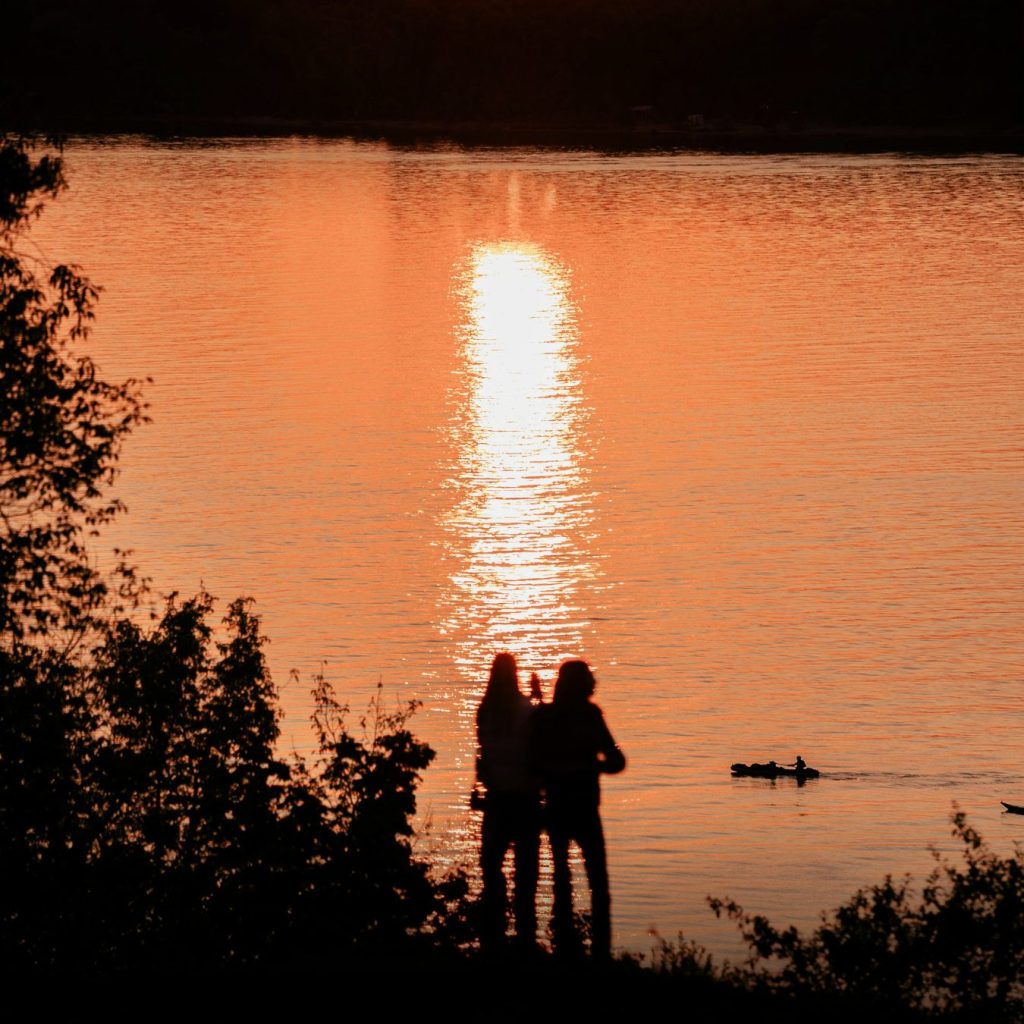
In a long-distance relationship, communication often happens through video calls, messages, and shared calendars. It can start to feel a little digital and routine. But bringing a bit of the outside world into your conversations can spark something fresh. Imagine having a video call from your garden, a park bench, or even sitting under a tree. Nature softens everything, including how we talk and listen.
Try sharing natural beauty with your partner as a love language. Maybe you both go for a short walk while on a call. Or you send a voice message while the birds sing in the background. These moments of nature woven into your communication create more depth and presence. They turn a simple talk into an experience you both look forward to.
Video chats don’t always have to be face-to-face. Sometimes it’s enough to point your camera toward the ocean, a sunset, or falling leaves. Let nature speak when words feel heavy. Sharing these scenes can ease feelings of distance and deepen your emotional bond in ways words sometimes can’t.
Building a Sensory Bridge Between You and Your Partner
In a LDR relationship, one of the hardest things to go without is physical touch. It’s a language of comfort and connection. But there are creative ways to build a sensory bridge — one that helps both partners feel seen and supported, even across time zones. Tapping into the senses is one of the most nurturing ways to feel close, even when you’re far apart.
Think about sounds, smells, and textures. Send a handwritten letter with your scent on it. Share a playlist that calms you, or a photo of your space lit by candlelight. Talk about your surroundings in vivid detail during your next call. These sensory touches create emotional intimacy and help replace the physical contact you miss.
Nature plays a role here too. You can send a small pressed flower, a snapshot of the place you walk daily, or describe the feeling of the sun on your skin. Even sending photos from a hike or garden walk helps your partner feel closer to your day. When your senses stay engaged, your heart stays open — and the relationship feels alive.
READ ALSO: Emotional Intimacy Feels Better When You’re Grounded
How Nature Supports Time Management and Emotional Regulation

Time management is a hidden challenge in long-distance relationships. With the time difference, different schedules, and the desire to stay connected, it’s easy to feel stretched. But stepping into nature helps you reset and organize your inner world. It naturally slows your breath and thoughts, creating clarity around what matters most — including how and when you spend time with your partner.
Nature also regulates your emotions. If you’ve had a tough conversation or are dealing with emotional overwhelm, a walk outdoors can help ground you. Looking at trees, listening to birds, or even noticing cloud patterns has a calming effect. It allows you to return to your relationship with a clearer mind and softer heart. It gives space between the moment and your reaction.
Instead of rushing to fix things or over-communicate when feelings are high, take a short nature break. Come back to the conversation with more calm and care. Time and space aren’t just physical — they’re emotional too. Nature reminds you that slowing down is not the same as falling behind. It’s actually a way to protect your energy and your connection.
Let Go of the Finish Line — Embrace the Journey

Many long-distance couples focus on one goal: finally live in the same place. That dream matters. But if you constantly race toward that finish line, you may miss the beauty of what you’re building right now. LDR relationships are not just about waiting — they’re about growing, learning, and discovering deeper forms of love along the way.
Letting go of pressure doesn’t mean giving up your future plans. It simply means finding joy in the present moment, too. Celebrate the fact that you’re showing up, staying connected, and nurturing a bond that many would struggle to maintain. The effort you’re putting in, the deep conversations you’re having, and the way you care — all of it is shaping the future you’re hoping for.
Look forward to what’s next, but don’t miss the now. Let nature teach you how to stay rooted, even while you grow toward something. Trust that the love you’re creating, even from afar, is already something beautiful. It’s not just about reaching a destination — it’s about the love you’re living right now.
Whole Living in Long-Distance Love

Whole living means showing up for every part of your life — not just the easy parts. And when you’re in a long-distance relationship, this matters more than ever. You’re balancing connection, independence, hope, and patience all at once. To live fully in this space, it helps to bring intention and care to your routines. Nature, self-care, communication, and planning ahead all become essential tools.
A healthy long distance relationship is built with steady habits. Make space for mindfulness, like journaling outdoors or grounding your body with breathwork. Let go of guilt when you feel disconnected — it’s part of the rhythm. Take care of yourself so you can keep showing up with love. And when things get hard, come back to what’s real: your commitment, your care, and your shared vision.
Your life doesn’t pause because of distance. It continues, and it deserves to be lived with joy and presence. Let the outdoors support you when your emotions feel heavy. Let healthy routines nourish you when you miss your partner. This is how you turn your LDR relationship into a lifestyle that uplifts you both.
Key Takeaway – You Can Feel Close, Even From Afar
You don’t have to wait for your next whole visit to feel connected. You don’t need to be in close proximity every day to experience intimacy. What you need is presence, creativity, and care — and nature offers all of that. When long-distance love starts to feel like too much, step outside. Let nature hold your feelings, give you peace, and remind you that connection is always possible.
A long-distance relationship doesn’t need to be perfect to be meaningful. Even if you’re studying abroad, juggling time zones, or going a few months without seeing each other, your love is real. Your efforts matter. Your story is unfolding in beautiful ways, even when it’s hard. So take a breath, step outside, and remember — you’re doing better than you think.
READ ALSO: Virtual Hug Is The Key to Nourish What’s Been Neglected
Explore More
Bettmann, J. E., et al. (2025). A systematic review and meta‑analysis on the effect of nature exposure. Behavioral Sciences, 15(2), 153. https://doi.org/10.3390/bs15020153
Bouchard, G., et al. (2023). Attachment, relational maintenance behaviors and relationship quality in romantic long‑distance relationships: A dyadic perspective. Interpersona, 17(2). https://doi.org/10.24908/ijc.v17i2.9771
Chang, C., et al. (2024). A lower connection to nature is related to lower mental health—Evidence from a large survey. Scientific Reports, 14, 56968. https://doi.org/10.1038/s41598‑024‑56968‑5
Do Carmo, G. Q., et al. (2025). A systematic review of the impacts of nature exposure on the peripheral nervous system and mental health. Environment and Behavior, 57(4). https://doi.org/10.1016/S0272‑4944(25)00271‑3
Jimenez, M. P., et al. (2021). Associations between nature exposure and health: A systematic review of observational and experimental evidence. International Journal of Environmental Research and Public Health, 18(4), 1818. https://doi.org/10.3390/ijerph18041818
Peterson, K. K. (2014). Do long‑distance relationships have an effect on levels of intimacy? (Publication No. 1096) [Master’s thesis, Pepperdine University]. Pepperdine Digital Commons. https://digitalcommons.pepperdine.edu/cgi/viewcontent.cgi?article=1096&context=globaltides
Pistole, M. C. (2011). Measuring long‑distance romantic relationships. Journal of Counseling & Development, 89(2), 155‑163. https://doi.org/10.1002/j.1556‑6678.2011.tb00075.x
Ríos‑Rodríguez, M. L., et al. (2024). Benefits for emotional regulation of contact with nature. Frontiers in Psychology, 15, 1402885. https://doi.org/10.3389/fpsyg.2024.1402885
Stafford, L., & Merolla, A. J. (2023). Long‑distance relationship | Research starters. In EBSCO Research Starters: Psychology. EBSCO. “Long‑distance relationship”.
EBSCO
Waterman, E. A. (2017). Long‑distance dating relationships, relationship dissolution, and the transition to geographically close relationships. Journal of Social and Personal Relationships, 34(9), 1328‑1351. https://doi.org/10.1177/0265407516675294






